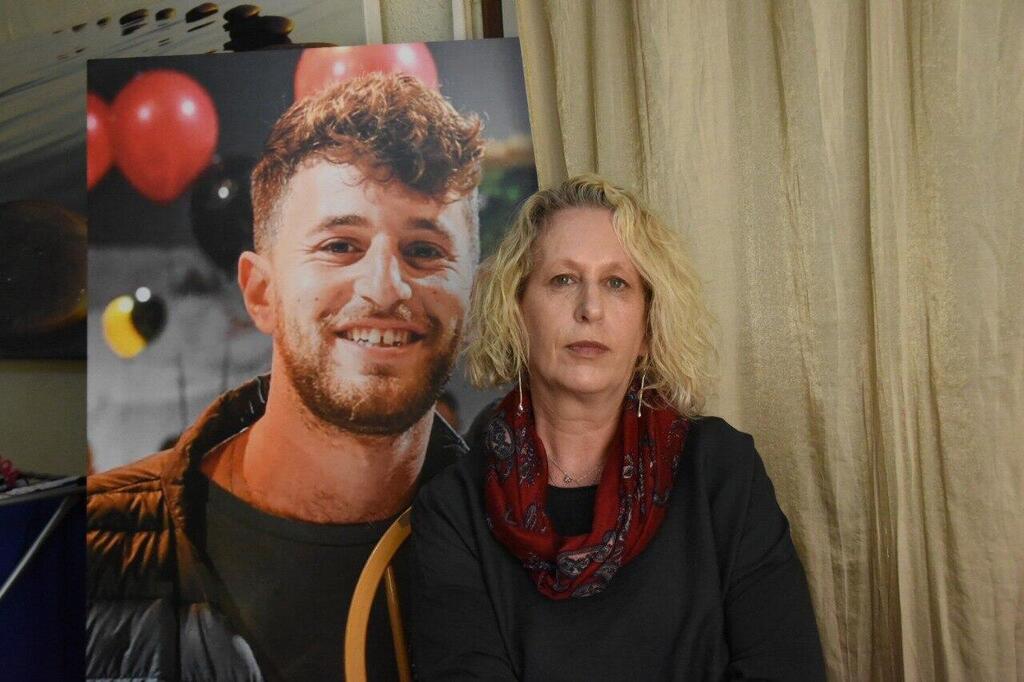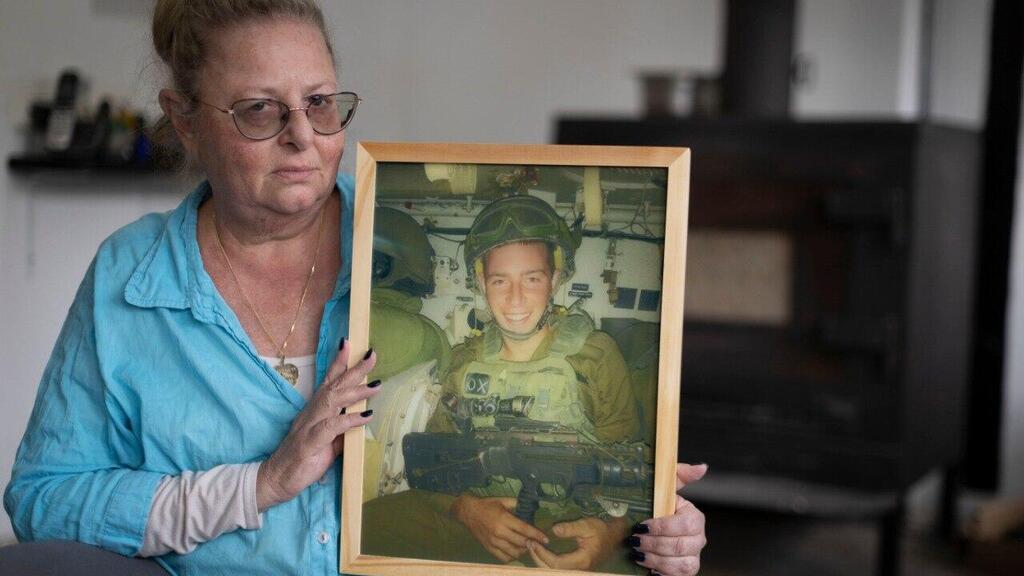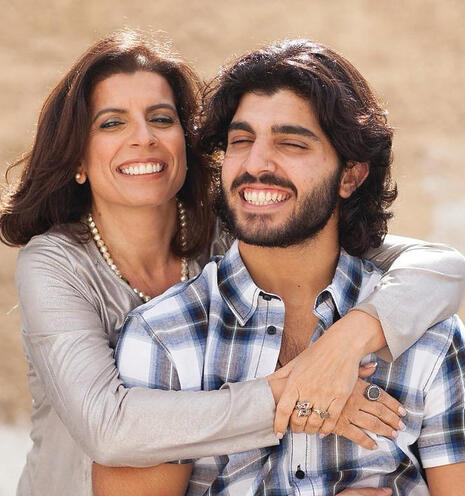Since the beginning of the war in Gaza, 128 men—117 IDF soldiers and 11 civilians—have had their sperm frozen. Today, bereaved families have the right to retrieve the sperm of their loved ones before the funeral and preserve it, however, the frozen sperm can’t be used according to the law.
More stories:
In May 2023, the Knesset approved a bill co-authored by Yesh Atid MK Meirav Ben-Ari and Likud MK Keti Shitrit in a preliminary reading, allowing the use of frozen sperm by the deceased’s spouse and parents under certain conditions. Now, the bereaved families are fighting for the law to pass.
 Meirav Ben-Ari
Meirav Ben-AriBen-Ari said, "I’ve been working on this law for a long time. It’s a complex and challenging law, but the pain of the grieving families who lost their loved ones is the only thing standing before my eyes. I’ll continue to assist in promoting the law and bringing it to a second and third reading as soon as possible."
One of the families that decided to retrieve their son’s sperm is the Termin family. Shay Termin, a 26-year-old soldier was Shlomit Termin's eldest son. He was drafted into the reserves, fought in Gaza, and was killed during clashes in Khan Younis on December 22. "Shay was loved by everyone, a child who cared for the whole world wherever he was," Shlomit recounts.
According to her, the decision to retrieve his sperm was made on the same evening he fell. "He was killed at 5 p.m., and we were told at 10:30 a.m. IDF officers asked us this difficult question, whether we were willing for them to retrieve Shay’s sperm. My husband and I looked at each other, and it was clear to both of us that if it was possible, we wanted it to be done, and we immediately agreed. We didn't know how the procedure worked, but we wanted them to do it.”
"The state should support and help us in this matter,” Termin said. “Not financially, but by ensuring that we have something left from the child who sacrificed his life. This is the least the state should give us."
The family of Master Sergeant Raz Abulafia who fell in battles in the northern Gaza Strip also asked to be allowed to continue his legacy. According to his mother, Miri Abulafia, the idea of retrieving his sperm came to her immediately after she heard he was killed. "The moment I heard he was dead, I immediately thought about his posterity. Not having a memory of him is unimaginable.”
“Why can a single woman without a partner who wants a child be able to choose an anonymous sperm donor, and I, a mother who raised her child, can't? Is it okay to give your life for the country and receive nothing in return?" she added.
Meirav Ram, mother of Omri Ram who was murdered at the Nova Music Festival near Re’im on October 7, also shared about her decision to freeze his sperm in order to continue his legacy. "We asked to donate his organs and were asked if we wanted to retrieve his sperm. We didn't know this option existed, but we immediately said yes.”
“Omri always wanted to be a father, and it was clear to us that he would be an amazing one. He was at the beginning of a new relationship, and his partner also told us after his death about his desire to be a father,” she said.
"We left on a new journey after understanding that we need to go through legislative and legal processes to promise Omri’s legacy, vision, and desire for posterity. This isn’t about our desire to be grandparents, but about fulfilling what Omri wanted," she added.
"We taught our children to contribute to the state, and now it's the state’s turn to give back to our children. Single mothers we spoke to said they would prefer sperm from a deceased person because then they have a family, they know who the father is, and everyone can tell the child about his father," she explained.
 Irit Oren GundersPhoto: Muki Schwartz
Irit Oren GundersPhoto: Muki Schwartz"The assumption is that every person wants continuity," says Lt. Col. (res.) Irit Oren Gunders, chair of the Or4Family association, working to help the families of fallen IDF soldiers. "No one has the right to say what’s appropriate or not once families who lost their loved one have a grandchild warming their home.”
“The claim that the child will be born an orphan is incorrect. Today, there are hundreds and thousands of mothers who can’t find a partner. They find themselves working tirelessly, paying a lot of money to sperm banks, and raising a child who has no family and no father figure. In these cases, the child will have a father," Gunders added.






